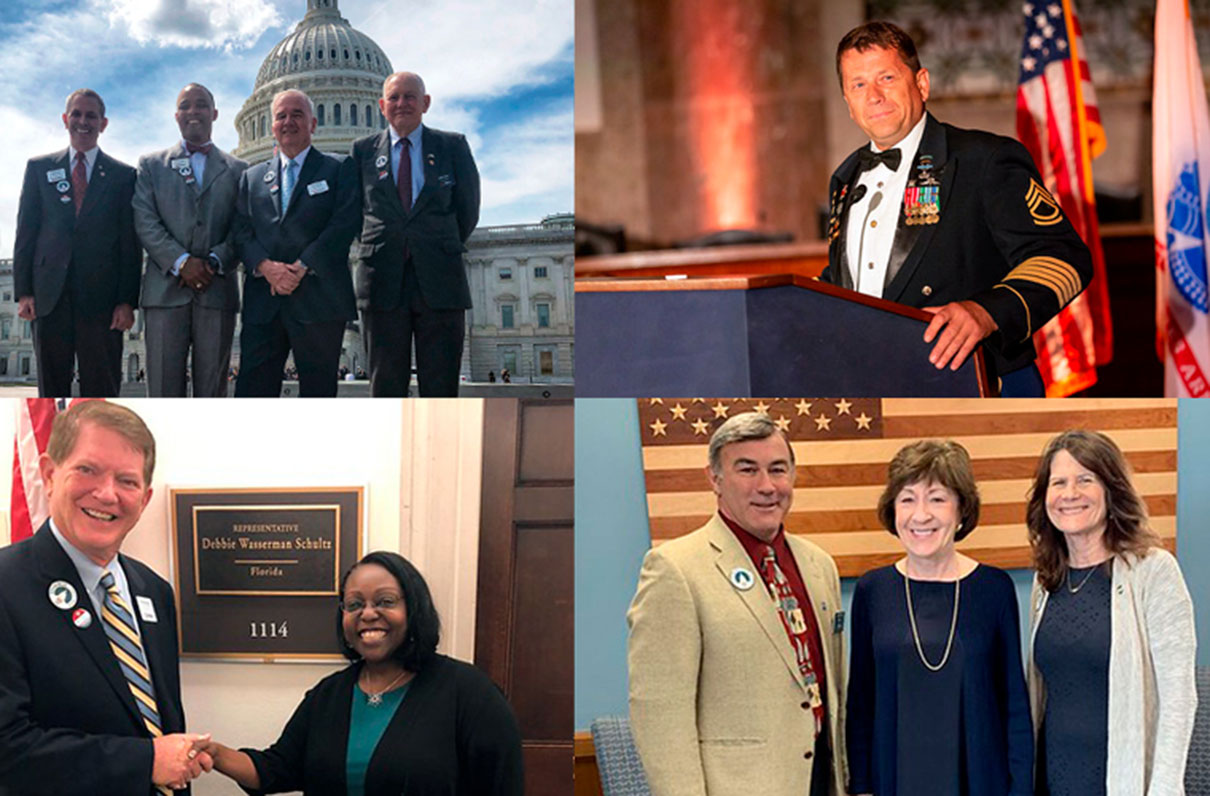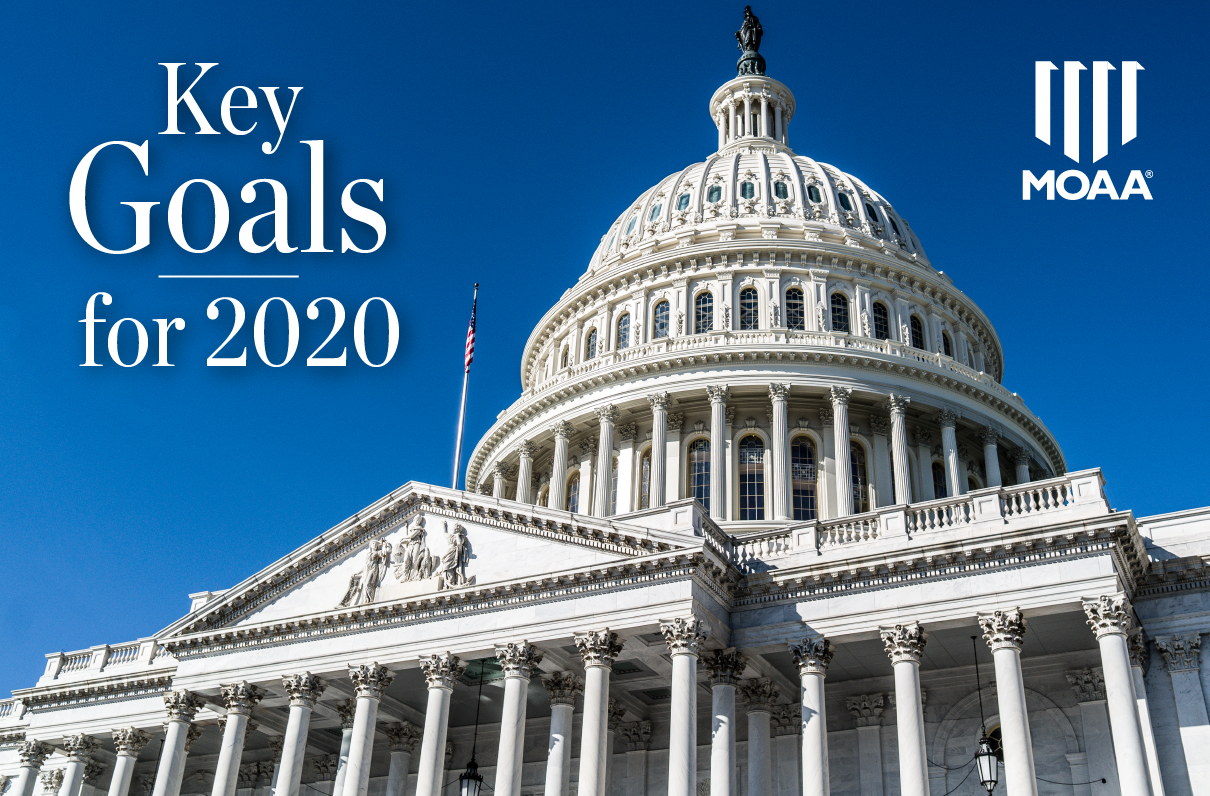(Updated April 13, 2020)
MOAA recognizes that military families have many more hurdles to jump through than your typical American family. Every time your family packs up to move to a new installation, you are starting over in a sense with a new community, new doctors, new schools, new friends. We strive to find new ways to alleviate the burden of our military families and to make sure they aren’t unfairly penalized while serving our country.
Here’s a closer look at a few areas of interest for 2020:
1. An FSA for military families. At many private companies and among nearly every federal department, employees are eligible for a Flexible Spending Account, or FSA. But not in the Defense Department. Sen. Tim Kaine (D-Va.) has introduced legislation that would change that, and introduce FSAs to service members and their families. Under an FSA, you may set aside tax free dollars to put toward some health care costs and dependent care.
One downside: They don’t carry over from year to year. DoD officials have expressed concerns in the past that some families would not use it, and would therefore lose it. But MOAA supports more consideration of this benefit especially as the cost of child care and health care are on the rise.
[RELATED: 4 Key NDAA Provisions, Backed by MOAA, That Will Improve Military Housing]
2. More incentives for child care providers. We are encouraged to see DoD working with local communities to streamline talent into child development centers (CDCs), but we also see room for incentivizing spouses to be Family Child Care Center Providers (FCCs), home child care facilities that supplement overcrowded Child Development Centers on base. DoD should establish streamlined credentialing for military spouses seeking to start an FCC and make it easier to transfer credentials when moving to a new base. This would have a dual benefit in helping increase spouse employment. One way to incentivize FCCs is to offer priority housing, or an advantage on the housing wait list.
3. Build a better EFMP. The military’s Exceptional Family Member Program, for families with special needs children, still needs improvements. We will continue to push DoD to standardize processes and create performance metrics for the program. MOAA wants to ensure special needs families are receiving adequate resources when it comes to special needs educational assistance, housing considerations, and medical needs.
4. More PCS improvements. PCS moves, a perennial issue, remain on our radar. On the upside, services have shown more accountability in the form of their rating system for movers, and we’ve also seen progress in reimbursements. Even so, it remains a nightmare experience for plenty of families every season; we’ll be looking at ways to improve the process. We are encouraged to see Congress halt DoD’s move to privatize the global household good management system by requiring a GAO report to be conducted prior to awarding any household good contract to a private company and look forward to recommendations provided by this agency.
5. Keeping families together. Recent policy changes by the Department of Homeland Security have impacted the readiness of immigrant military families. MOAA will continue to fight to preserve Parole in Place for military families, ensure military kids born overseas receive automatic citizenship, and ensure DoD provides sufficient resources and expedited naturalization processing for non-citizen servicemembers.
We want to hear from you: MOAA is always looking for new ways to improve the lives of military families. You can help shape our agenda or shine a light on an important need. Please send your ideas or concerns to legis@moaa.org.



